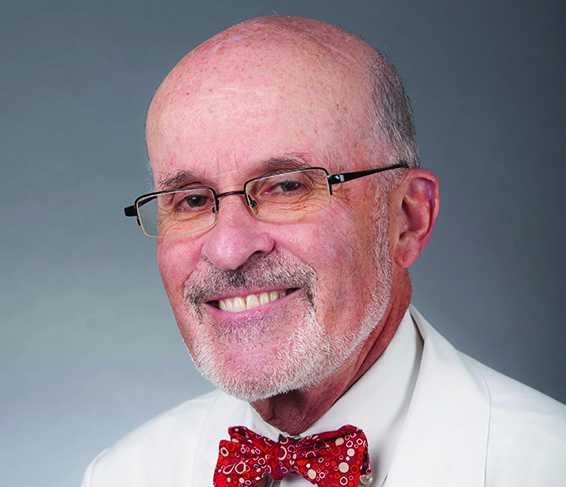
The world of neurosurgery lost a leading light last week when Dr. R. Michael Scott passed away at 82. On a personal level, I lost one of my early partners and mentors in neurosurgery as well as a friend.
Mike was the Chief of Pediatric Neurosurgery when I arrived at The Boston Children’s Hospital, but he had developed special expertise in vascular surgery, so he became my mentor there. He quickly became a friend as well. We shared not only surgical cases but squash games at the University Club and family time together on Cape Cod. I valued his clinical judgement, but what I treasured most were his warmth, humility, and empathy.
Whether formally or informally, Mike mentored many of today’s leaders in pediatric neurosurgery, including our own Mark Souweidane. When I shared my sorrow over Mike’s passing with Mark, however, what we talked about first were not medicine and surgery, but our personal memories. It is a measure of what an outstanding man Mike was that Mark remembered him first, as I had, in the context of family and leisure – remembering time he spent with Mike and his wife, Susan, enjoying the Hawaiian Islands; and going to baseball games at both Yankee Stadium and Fenway Park while trying (unsuccessfully) to break his passion for the Red Sox.
Mike holds a special place in the pantheon of pediatric neurosurgery for many reasons, including his innovative approach to treating moyamoya disease, which saved countless children’s lives. He eventually became Neurosurgeon-in-Chief at Boston Children’s Hospital, and his obituary in the Boston Globe lists his many accomplishments and lifetime achievement awards. He was an outstanding neurosurgeon, and I agreed wholeheartedly with Mark when he said that the world will greatly miss the expertise that transcended generations. Both of us, however, are mourning the man most of all.
Our deepest condolences go to his wife, Susan, and his children and grandchildren, who feel this immense lost more deeply than anyone. We hope they all know how loved and valued Mike was to the world of neurosurgery, and to those of us lucky enough to call him a friend. He will be missed.